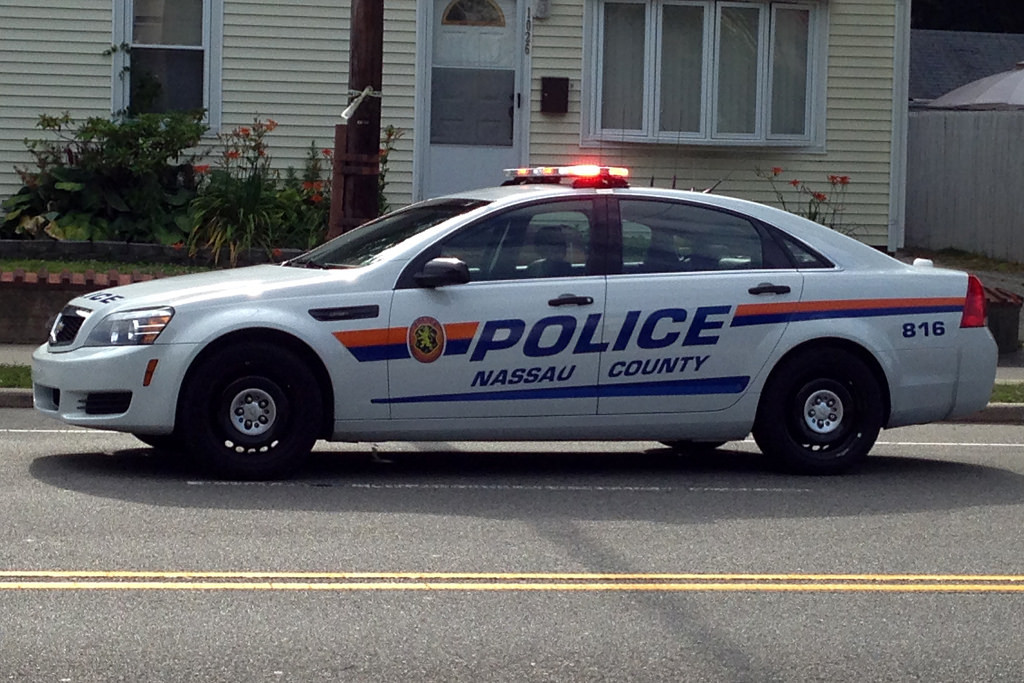Testing continues to determine cause of Inwood man's death
State Attorney General is investigating the Sept. 23 incident
Taken to a Queens hospital after a struggle with Nassau County police, what exactly caused Walter Perez’s death is still being determined by the New York City Medical Examiner’s office, officials said. An autopsy was performed Saturday. Preliminary findings are not released.
Perez, 36, of Inwood, died on Sept. 23 at 3:25 a.m., roughly an hour after police first responded to his home at 230 Doughty Blvd. Police were called to what was described as a multi-family home due to a “disturbance,” they said.
The police found Perez in an agitated state, yelling in the basement, naked, drunk, and had his blood and waste all over his body. His unpredictable and threatening behavior compelled the police to Taser him twice. The Homicide Squad had also responded to the scene.
He continued his aggressive behavior, verbally threatened the police and picked up what was called by police a “dangerous instrument.” Officials did not identify what that was. Perez was finally subdued and handcuffed, and that is when police said Perez stopped breathing. Police and a paramedic tried to revive him. Five police officers were also taken to the hospital as they were exposed to blood, feces and saliva.
Lt. Richard Lebrun said the county’s investigation is “ongoing.”
Because the incident happened during a violent encounter with police, the New York State Attorney General is investigating. “The Attorney General’s Special Investigations and Prosecutions Unit has opened an investigation into the death of Walter Perez, pursuant to the Attorney General’s authority under Executive Order No. 147,” said Amy Spitalnick, a spokeswoman for Eric Schneiderman. “We’re committed to conducting an independent, comprehensive, and fair investigation.”
Executive Order No. 147 was issued by Gov. Andrew Cuomo in July of 2015, a year after the death of Eric Garner, who died after a New York Police Department officer put him in a chokehold and other incidents that involved police confrontations. State officials said that the investigation usually takes several months. The officer or officers involved could be charged or a report is released that explains why charges were not filed.

 49.0°,
Fair
49.0°,
Fair 




